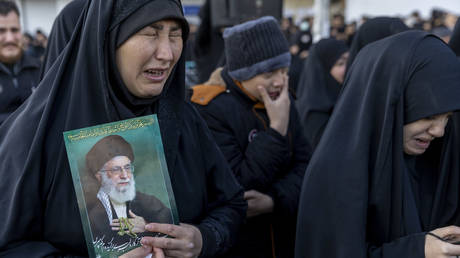
Singapore’s government has introduced a bill limiting the police ability to use contact-tracing data collected from the nation’s residents over the ongoing pandemic. The use would be restricted only to the most “serious” offences.
A bill defining how the collected data could be used was introduced by the government this week. If adopted, the legislation would restrict the police’s ability to dip into Covid-19 contact-tracing only when investigating the most “serious” criminal offences, including murder, rape, terrorism, and drug trafficking.
“The government is introducing this bill under extraordinary circumstances,” Singapore’s Smart Nation and Digital Government Office (SNDGO) said in a statement on Monday.
“The legislation is intended to remove any doubt about what personal contact tracing data can be used for.”
The bill comes in response to the uproar in Singapore caused by the police use of TraceTogether, the country’s version of a system for tracing close contacts amid the pandemic. When the system was rolled out, the government insisted it was encrypted and secure, dismissing any privacy concerns.
Last month, however, it emerged that the application-harvested data was used not only by health authorities, but by law enforcement as well. Defending the use, government officials said the application was utilized by police only once to solve a serious case involving murder.
Now, the government said the amendment was needed to properly define the boundaries where such use would be appropriate, to maintain the balance between privacy and the public interest. Under the new legislation, unauthorized use of the collected data would invoke strict penalties, including jail time.
“I take full responsibility for this mistake, and I deeply regret the consternation and anxiety caused by my mistake,” the minister in charge of the Smart Nation initiative, Vivian Balakrishnan, told the parliament on Tuesday.
Singapore’s response to the coronavirus crisis has been one of the strictest around the globe, involving tough quarantine and surveillance measures. It has proved to be a success, as the nation of 5.7 million has registered just below 60,000 cases so far, with the death toll standing at 29. It has also not experienced any major outbreaks of the disease since last August, while most countries have seen cases skyrocket since then.
Think your friends would be interested? Share this story!




